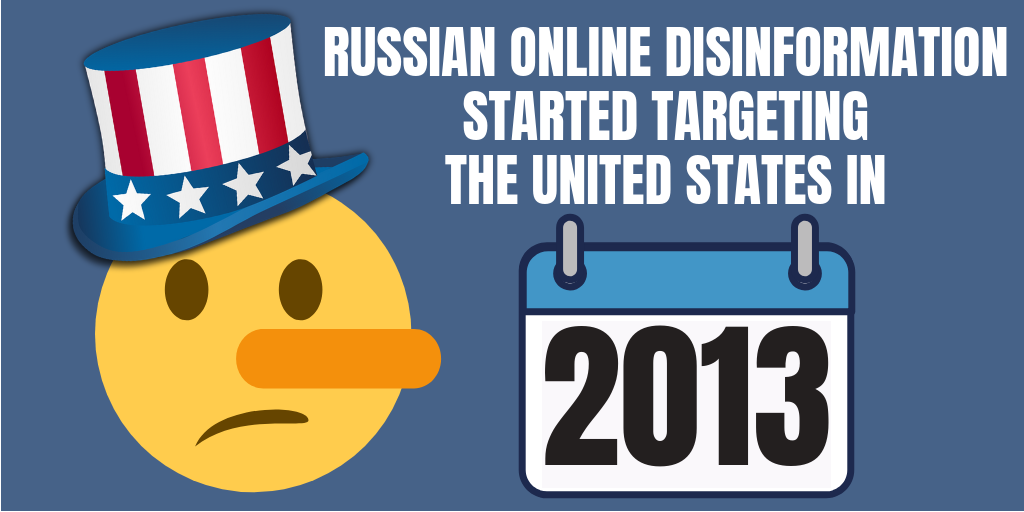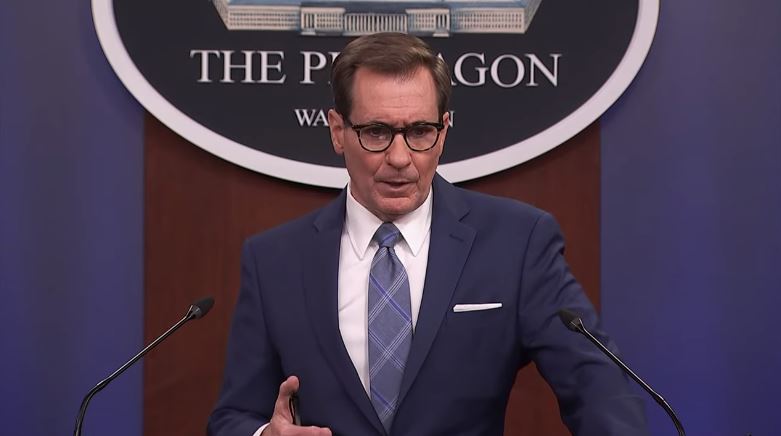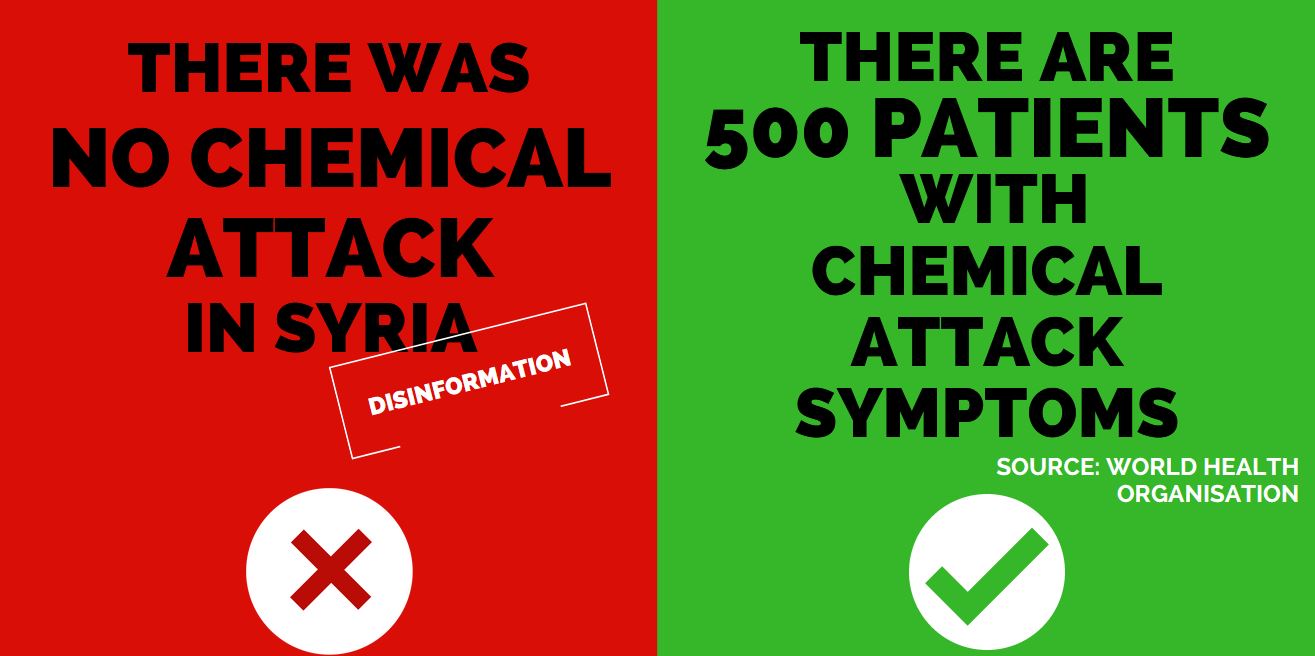The reports offer the most comprehensive analysis so far of Russia’s mounting efforts to influence US politics through social media, which the researchers describe as a "propaganda war against American citizens."
One of the reports was drafted by Oxford University’s Computational Propaganda Project and the network analysis firm Graphika. The other report was prepared by the social media research firm New Knowledge, Columbia University, and Canfield Research.
Attempts to manipulate Americans reportedly grew sharply in 2014 and every subsequent year, starting on Twitter and gradually spreading to YouTube, Instagram, and then Facebook.
#BigTech provided 'bare minimum' to help US Senate Russia investigation.
New analysis: Russia's #InformationWar on U.S. 2016 election:
1107 @YouTube videos
61,483 @Facebook posts
116,205 @Instagram posts
10.4 million @Twitter postshttps://t.co/INuVqmndw3 #DefendingDemocracy pic.twitter.com/52zIH5s97R— Defend Democracy (@DefendDemocracy) December 17, 2018
The reports also shed light on how Russia’s disinformation campaign used other online platforms such as Google+, Tumblr, and Pinterest as well as email accounts from Yahoo, Microsoft’s Hotmail service, and Google’s Gmail.
They detail how Russian operatives began tailoring their messages to US voters based on geography, political interests, race, religion, and other characteristics.
Most of the analyzed posts published in the run-up to the 2016 presidential election supported Donald Trump.
The pages were primarily aimed at conservative and African American audiences. Together, they generated an estimated 39 million likes, 31 million shares, 5.4 million reactions, and 3.4 million comments.
The reports blame tech companies for their "belated and uncoordinated response" to Russia’s influence operations on their platforms.
Social media, they warn, pose a threat to democracy as platforms have become a "tool for social control manipulated by canny political consultants."
Further reading:
- Internet bots are key players in propelling disinformation: study of 9 countries
- Fuel hysteria, sow discord, spread confusion. Detailed account on manipulation attempts before US elections
- US indictment sheds light on the Russian troll factory instruction system
- Russian Election Meddling in the US and Beyond
- The Kremlin’s chaos strategy in Ukraine and its helpers
- 50 million Facebook profiles taken without permission to support Trump campaign
- Russian propaganda meddling in US election: RT charges Clinton campaign with McCarthyism
- Russian trolls on twitter get 9 times more engagement in English than in Russian
- How Russia will meddle in Ukraine’s 2019 elections
- How Ukraine can beat Russian influence in the EU?
- A guide to Russian propaganda. Part 1: Propaganda prepares Russia for war
- Seven commandments of fake news: New York Times exposes Kremlin’s methods
- Russian hybrid warfare: what are effects-based network operations and how to counteract them
- Disinformation across ages: Russia’s old but effective weapon of influence





